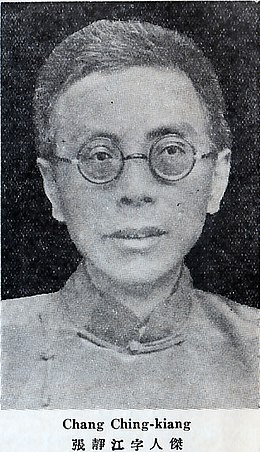Dalai Lama (26 June 1876-17 December 1933), spiritual and temporal ruler of 1 ibet. The thirteenth Dalai was known for his economic and political reforms and for trying to establish independence in Tibet. Born into a peasant family in an isolated district of Tak-po province in southeastern Tibet, the thirteenth Dalai Lama had several brothers, […]











